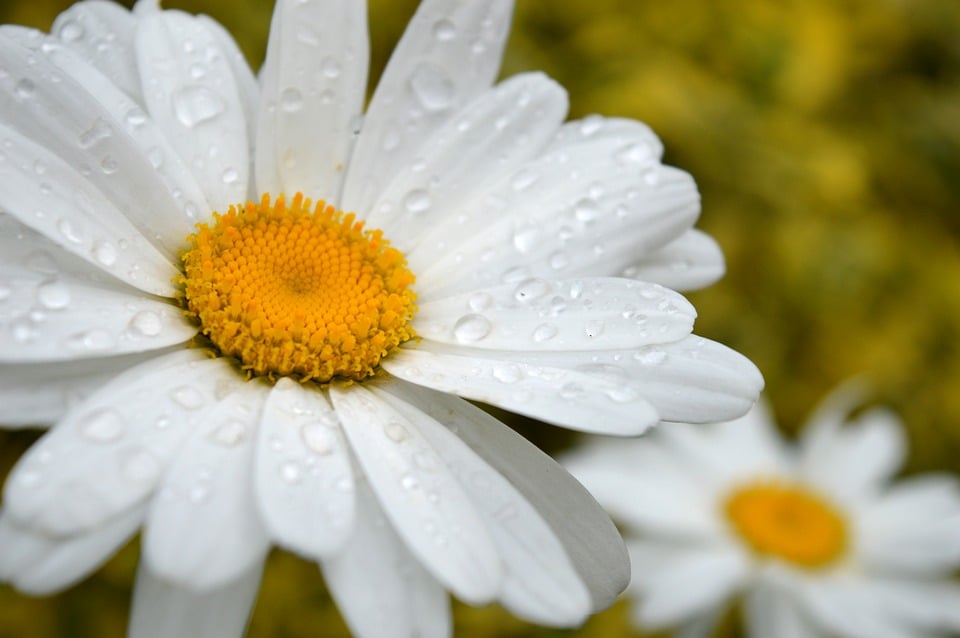[ad_1]
In today’s fast-paced and ever-changing world, it might seem like ancient rituals and traditions are a thing of the past. However, the truth is that many of these age-old practices continue to shape and influence modern culture in profound ways. From religious ceremonies to daily routines, rituals play a crucial role in how we understand and interact with the world around us. In this article, we will explore the evolution of rituals, from their historical origins to their current manifestations, and discuss how they are likely to impact our future.
Historical Context
Rituals have been a part of human societies for as long as we can trace back in history. Ancient civilizations such as the Egyptians, Greeks, and Mayans all had elaborate rituals that governed various aspects of their lives, from birth to death. These rituals were often tied to religious beliefs and were seen as a way to communicate with the divine or to honor ancestors.
As societies evolved and religions changed, so too did the rituals that accompanied them. For example, the rise of Christianity in Europe led to the adoption of new rituals such as baptism and communion, which replaced or adapted existing pagan practices. Similarly, the spread of Islam introduced new rituals such as the five daily prayers and the Hajj pilgrimage to Mecca.
Current State
In the modern world, rituals continue to play a significant role in our daily lives, even if we may not always be aware of them. From the simple act of brushing our teeth in the morning to the elaborate ceremonies of a wedding or funeral, rituals help to structure our time and give meaning to our experiences. They can be personal, such as a nightly meditation practice, or communal, such as a national holiday celebration.
Rituals also serve social functions, helping to strengthen bonds between individuals and communities. For example, the ritual of sharing a meal together can reinforce family ties, while the ritual of a graduation ceremony can create a sense of belonging among students and their peers.
Future Predictions
As we look to the future, it is likely that rituals will continue to evolve and adapt to suit the changing needs of society. With the rise of technology, new forms of ritual are emerging, such as online memorial services or virtual religious gatherings. These digital rituals allow people to connect and engage with each other in new ways, even across great distances.
At the same time, traditional rituals are also being reimagined and reinterpreted for a modern audience. For example, some religious communities are incorporating elements of mindfulness and meditation into their worship practices, while others are exploring eco-friendly alternatives to traditional rituals that are more sustainable for the planet.
Conclusion
In conclusion, the evolution of rituals is a fascinating topic that sheds light on the ways in which ancient traditions continue to shape and influence modern culture. From their historical origins to their current manifestations and future predictions, rituals play a crucial role in how we understand ourselves and our place in the world. By studying and engaging with rituals, we can gain a deeper appreciation for the rich tapestry of human experience and connect with the timeless wisdom of our ancestors.
Thank you for taking the time to read this article, and I hope that it has sparked your interest in exploring the world of rituals further. For more in-depth exploration of this topic, I recommend checking out books such as “Rituals and Routines: How They Shape Our Lives” by Jane Doe and “The Power of Ritual: Turning Everyday Activities into Meaningful Practices” by John Smith.
[ad_2]
